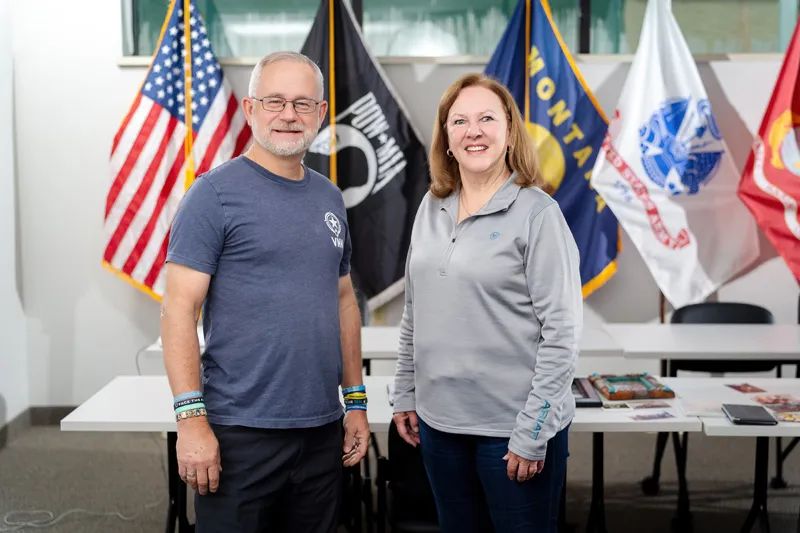
Still Serving
Helping fellow veterans navigate life beyond the uniform
When Lorraine Schleder reflects on her three decades in the military, vivid memories come flooding back to her — memories overshadowed at the time by the intensity of what she was doing. Now a civilian, the full weight of her experiences comes back to her in pieces. “I find when you’re busy ‘doing’ you put a lot into a box,” she says. “And when you sit down, all of this stuff starts to come out of the box.”
Because Lorraine knows this personally, she’s able to tap into her experiences to help other veterans make the transition to life back home. And that’s precisely what she’s doing as a resource navigator with Veteran’s Navigation Network, a nonprofit established in 2019 to serve Montana’s roughly 87,000 veterans, of which an estimated 11,000 live in Yellowstone County.
“Just knowing that some of the things they feel, they’re not the only one,” she says.
“Especially when you get out (of the service) and feel lost.” Those common experiences build a sense of trust that often encourages veterans to open up to her. “Being a vet, it buys you a certain ‘in,’” Lorraine says, “that when you walk in a room, they’re your people. They just get it.”
And the connection goes both ways. “When someone starts telling me their story, my heart breaks for them,” she says. “I might hand them a Kleenex; I might need a Kleenex.”
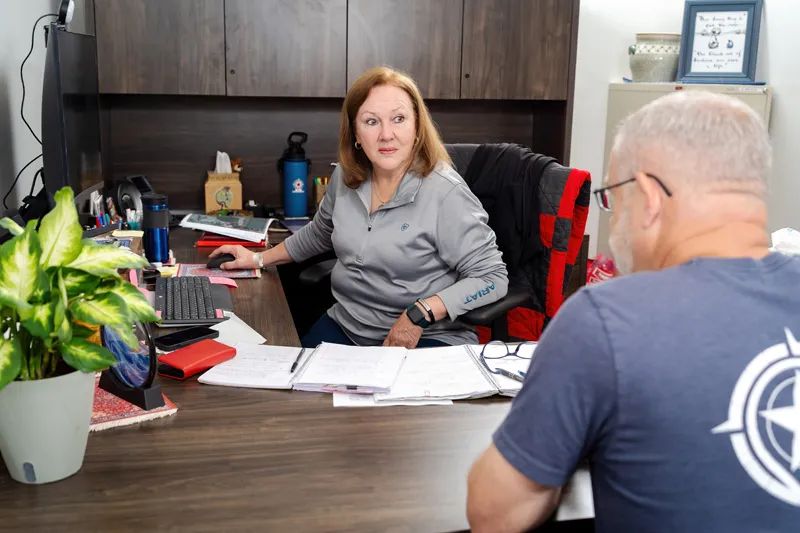
Veteran’s Navigation Network (VNN) is dedicated to supporting service members, veterans, and their families with core services ranging from healthcare, housing and employment to assistance with federal and state VA benefits, education, mental health support, legal assistance and discharge upgrades.
Sometimes VNN’s role is simple yet impactful. Lorraine tells of one veteran who was struggling when her vehicle broke down. VNN covered the cost of the parts and located a mechanic who would repair it for free.
“We look for the resources and help the vet to navigate them,” she says. “It can be
everything and anything that anyone could think of.” And that includes veteran suicide. Despite Montana’s high rate, Lorraine has dealt with few. She prefers to focus on the suicides she may have helped prevent.
“I’ve been more fortunate to see the ones going down that path and pull them back,” she says. “My purpose is helping others make their lives better. I just think I’m an instrument doing the Lord’s work.”
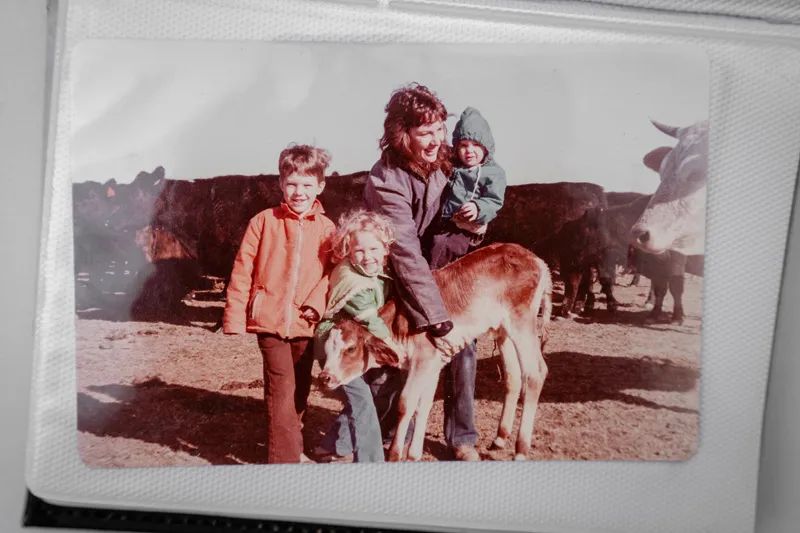
Lorraine was 33 and the mother of four when she joined the Army as a combat medic. Thirty years and four deployments later, she retired as an Air Force colonel. In between, her life catapulted from military base to military base, from Germany to Afghanistan to the Pentagon. Her responsibilities changed with each new position, but she spent much of her time moving patients from one locale to another — often transporting wounded soldiers from battle zones to military hospitals in other countries.
“From wheels up to wheels down, to where they’re handed off to a hospital,” she says. “Patient movement — if you get one percent wrong, you can have a disaster.”
Sometimes she found herself moving presidents of other countries to the United States for medical care. “It was always for the interest of the United States,” she explains. “It was not necessarily a black-and-white thing.”
Lorraine was on duty in 1998 when the U.S. embassy in Nairobi was bombed. As she oversaw the medical aircraft preparation to recover bombing victims, she was captured in the front-page photo of The Air Force Times, supporting a wounded Kenyan embassy staff.
And when terrorists struck on 9/11 she “had a phone in each ear.” She says,“We were getting calls, ‘Hey Air Force, you’re the only thing flying, can you help us?’”
Lorraine’s stories could fill a novel. She tells of being kicked in the chest and spit at by a terrorist under her care in Afghanistan. She recalls one American soldier who’d already lost a leg and wanted the other amputated so he could go on with his life. The vision comes back to her of one patient who appeared so very young that she said to herself, “Honey, you’ve probably only shaved three times and I want your mama to know I’m with you.”
And then there was the event of Dec. 10,1999, when a C-130 Hercules aircraft missed the runway, tore off its undercarriage and crash landed near the base she was deployed to in Kuwait. She pauses to gather her emotions as she describes that day.
“When the phone rang in our tent at 4 in the morning, I knew something was wrong,” she says. Three people were killed and countless others sustained injuries. Some of the latter later told her that her smile reassured them and gave them hope. “They told me, ‘When you walked in, we knew we were safe,’” Lorraine says.
She downplays her role but was glad if her concern made a difference. “At that moment, they just needed a little more gas in their tanks,” she says.
But Lorraine was also assigned to process the fatalities. The first of the three had a social security number that indicated he might be from Montana. The second, a pilot, suffered injuries that made it clear he had died instantly. Lastly, she froze when she glanced at the third deceased soldier. “He looked exactly like my oldest son,” she says, her eyes glassy as she spoke.
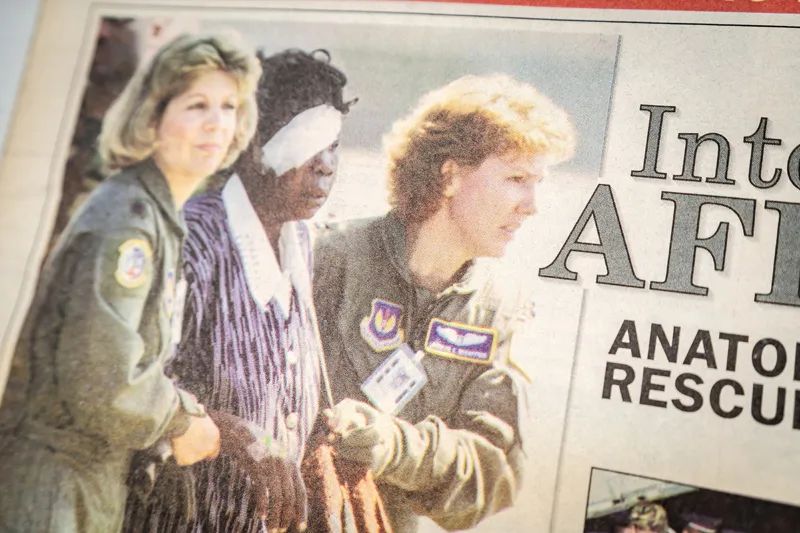
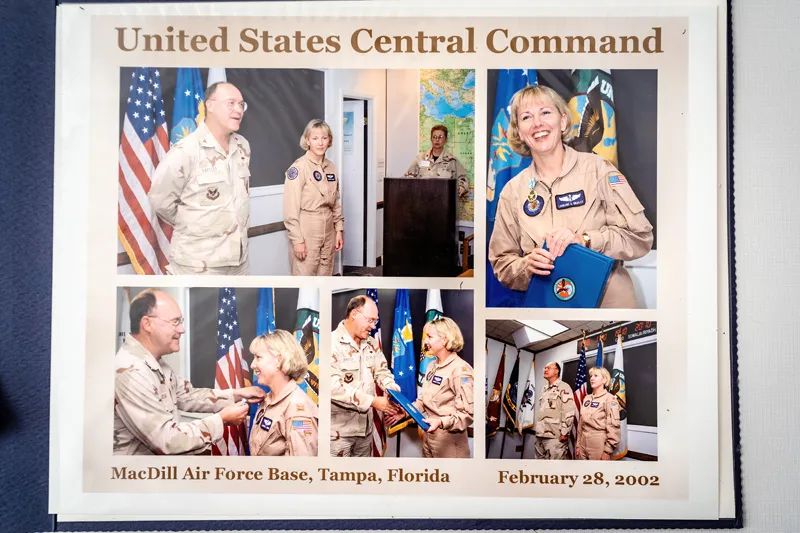
For years she carried their souls with her, wondering about their families back home. Then, by happenstance, she met a pilot while stationed in Illinois. As they got talking, the pilot told her he’d had a close friend die in that crash. It was the second fatality, the pilot who had died instantly. “He thanked me for the closure and I thanked him for the closure,” she says.
While Lorraine has traveled the world, her roots are three generations deep in Montana. She grew up working hard on the family farm outside Shepherd and its ranch in the Bull Mountains. “Boys’ work. Girls’ work. I didn’t know that was a thing,” she says. “Just work — and lots of it!”
She laughs, saying she’s probably the only person who bought a round bailer while deployed to Afghanistan. But she’s probably not the only Montana veteran who’s watched a trail of dust on the horizon in Eastern Montana and was instantly transported back to similar scenes from their time in Afghanistan.
Lorraine’s Montana roots served her well in the military. When a hard-core drill sergeant questioned why she, at 33, wasn’t grumbling like her much-younger peers, Lorraine merely put the circumstances in perspective.
“Well, knowing it’s minus-80 windchill back home and we’re here where it’s just raining, I think I’ve got the better end of the deal,” she told the sergeant. “This is not hard.”
But what drew Lorraine to the Army in the first place — especially with four young children at home? The family was virtually living “hand to mouth,” below the poverty level, when she came to the realization that, even though she was married, she’d have to take charge to provide for her family. She signed up with the Army Reserve, spent several months in training in New Jersey and Texas and returned to Montana to earn her nursing degree from Montana State University — a background that put her on the path to her multi-layered assignments around the globe.
But she anguished over her decision. While her father provided an anchor back home, she consoled herself with photos of her children and a determination that she had little choice. “I just kept telling myself ‘You’re doing the right thing, you’re doing the right thing. If you’re not here for them, who will be?’” she says.
On the heels of such an action-packed career, Lorraine was 63 when she retired to the family farm. She was glad to be back in Montana, but at times she found herself lacking purpose. Then, last year, she crossed paths with Mike McManus, who has been on staff with VNN since 2021.
“He was quietly persistent in getting me involved,” she says, smiling.
It was not long before McManus talked her into applying for the resource navigator position — and today he couldn’t speak more highly of her. “She has such a heart for service,” he says. “She really has a lot of compassion and empathy for individuals and is willing to go that extra mile.”
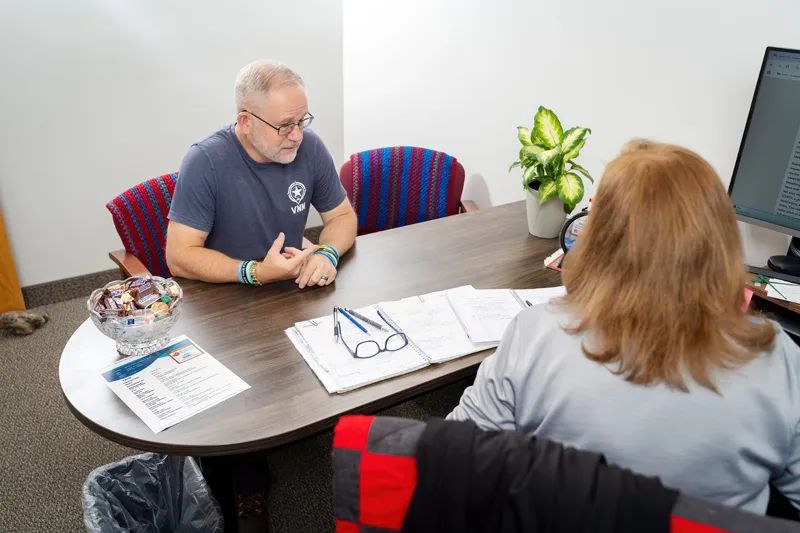
Shelley Knudtson, an Army veteran from Virginia, echoes that sentiment. She met Lorraine at a veterans’ retreat in Montana and was struck by Lorraine’s energy, knowledge and her willingness to help in any way she could.
“When I was at the retreat, I wasn’t doing well with my cancer. I was in a lot of pain,” Shelley says. “Lorraine took me under her wing.” Now, even separated by thousands of miles, the two have maintained that connection. “I’ve even ‘shared her’ with other friends of mine,” Shelley says. “She’s always there. I know I can always talk to her. She’s such a grand woman.”
After seven months with VNN, Lorraine is just hitting her stride. The work has given her newfound purpose.
“It’s like drinking out of a fire hydrant,” she says, grinning. “But it’s one of the best working environments I’ve ever been in. And in a way, I think this job has saved me. It really has.”
TO LEARN MORE ABOUT VETERAN’S NAVIGATION NETWORK, visit veteransnavigation.org











